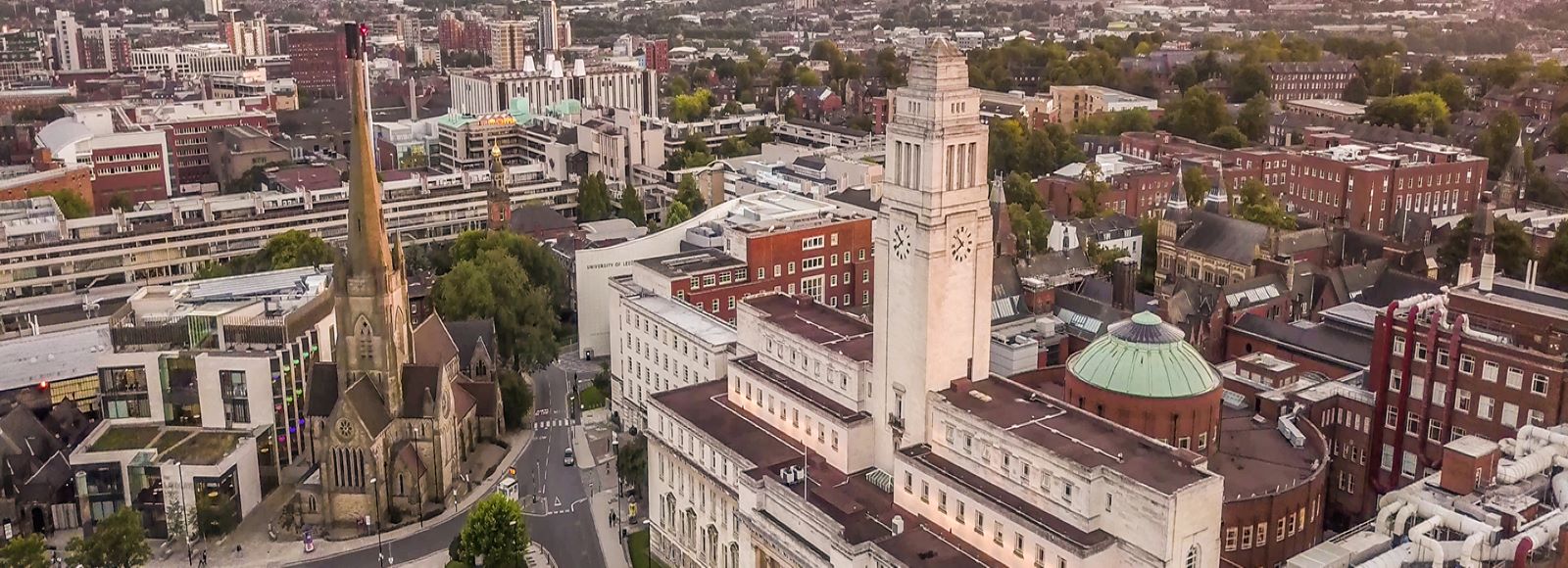- ...
Postgraduate Studentships - Search for funding opportunities.
Are you ready to make your impact on biodiversity?
The University of Leeds has twice been recognised by the European Union as a “centre of excellence” for biodiversity and conservation training.
We believe biodiversity can only be managed and conserved when it can be measured and interpreted properly. Our leading researchers are making an impact through their dedicated research within the field of ecology and conservation. Your learning will be heavily influenced by their world-leading research, which drives national and international policy agendas around environmental change and global sustainability.
This distinctive course concentrates on the biological principles underlying biodiversity, its assessment and management. You’ll learn to identify plants and animals, understand the ecological factors underlying biodiversity and conservation and gain key analytical and practical skills for a range of academic and professional careers. You’ll also gain valuable experience in biodiversity and conservation-related research.
You’ll also undertake the African field course is based at Mpala Research Centre, Laikipia, Kenya. You’ll gain a first-hand appreciation of the ecology and conservation concerns of an African savannah community, both for the wildlife and the people who live in the area. As well as learning about the local environment, flora and fauna, you’ll spend most of the time designing and carrying out group research projects.
This course is designed to prepare you for further research at PhD level, or for a career in conservation. If you’re already an established conservation professional, our modules provide additional skills to support you to progress in your employment.
A bachelor degree with a 2:1 (hons) in a relevant subject
For fees and funding options, please visit website to find out more
We take both your personal and your career development very seriously. We have a proactive Industrial Advisory Board who advises us on what they look for in graduates and on employability related skills within our courses.
Our graduates have gone on to a very varied range of biodiversity and conservation jobs and careers around the world. We know that the subject knowledge and training we provide is excellent, but we’re also trying to produce well-rounded graduates who have the skills, experience and confidence to succeed in a challenging job market.
The balance we create between theoretical and practical components in conservation offers you the opportunity to develop specialist and transferable skills on our degrees that go beyond a Masters and open up diverse opportunities when you graduate. As with many of our MSc graduates, you could go on to study for a PhD and enter a research career. You could also go on to a career in applied ecology or conservation-related area. Potential employers look for academic qualifications in combination with practical skills and experience, and a relevant MSc course can give you the edge in a highly competitive field.
Year 1 compulsory modules
Research Skills and Data Analysis 15
African Field Ecology 15
Masters Research Project 60
Year 1 optional modules (selection of typical options shown below)
Community Ecology 15
Introduction to GIS 15
Advanced Statistics 15
Plant Identification 15
Insect Identification Skills 15
Population Dynamics 15
Habitat Management 15
Practical Conservation with the National Trust 15
GIS and Environment 15
Global Change Ecology 15
Environmental Economics and Policy 15
Climate and Environmental Policy and Governance 15

Research that matters Challenge yourself and become an expert in your field as part of a thriving research community of over 4,000 postgraduate...